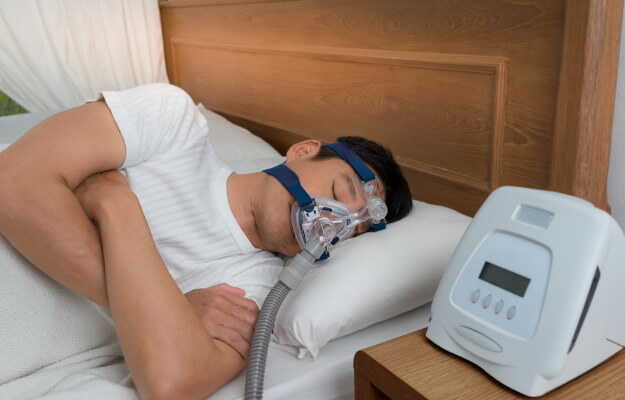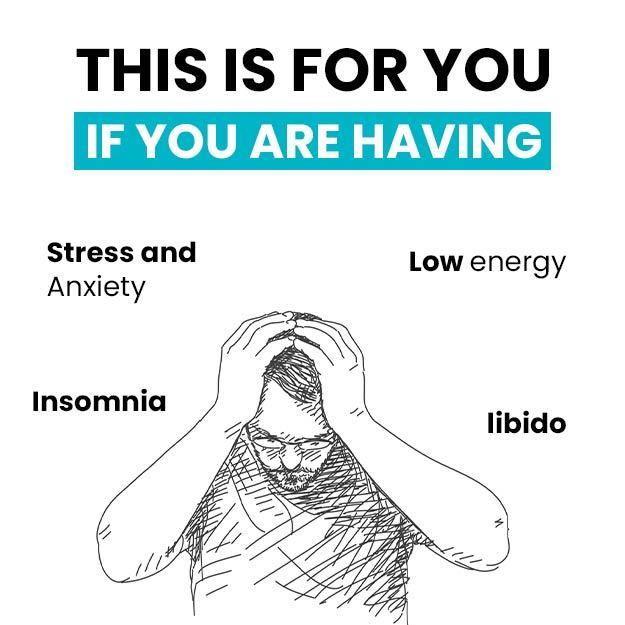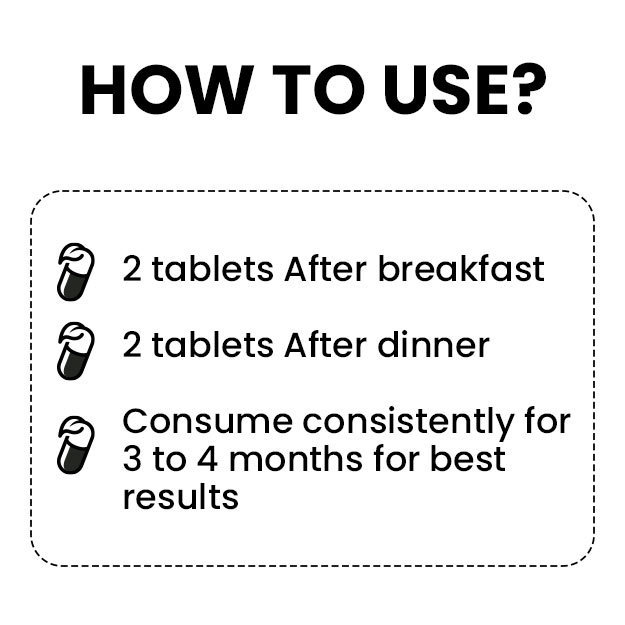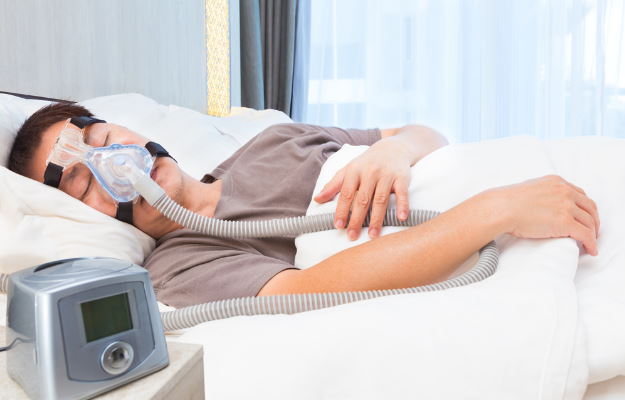The problem of not breathing properly while sleeping is called obstructive sleep apnea. This problem occurs when the muscles at the back of the throat become so relaxed that the airway becomes narrow and normal breathing becomes difficult. Daytime sleepiness, loud snoring while sleeping, morning headache, and high blood pressure can be symptoms of obstructive sleep apnea. As a treatment for this, reducing weight, sleeping on the side, and taking CPAP therapy can provide relief.
Ayurvedic treatment of sleep disorders is given in detail here.
Today in this article you will learn about Obstructive Sleep Apnea -
(Read More - Parasomnia Treatment)





















